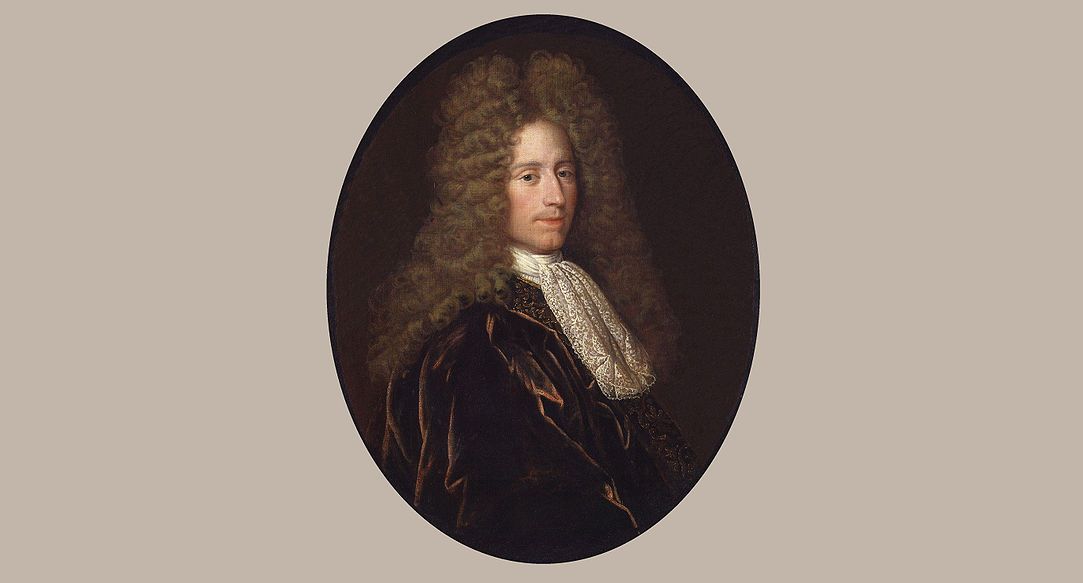
In France, Law established a sort of central state bank (Banque Générale), and attained great influence by forming a joint stock company with a monopoly in the French North American colonies.
This day in 1729 marked the death of John Law, one of the greatest adventurers in the history of capitalism. A relatively little-known Scottish gambler in his youth, he went on to become the finance minister of the Kingdom of France. He also founded one of the first central banks in the world and was among the early proponents of printing paper money. He died far from his Scottish homeland, in Venice.
Law was born in Edinburgh in 1671, the same year as Scottish folk hero Robert Roy MacGregor (better known as Rob Roy). Since Law’s father had bought Lauriston Castle near Edinburgh, his family became known as Law of Lauriston. In his youth John Law lost much of his money gambling in London. In 1694 he participated in a duel in which he killed his opponent. He was arrested and sentenced to death, but managed to escape and flee to the Netherlands.
After several years spent in Europe during which he engaged in risky business ventures and gambling, Law became famous in Paris. He didn’t manage to enter French high politics during the reign of Louis XIV, but his time came after Louis’s death. Namely, since the king’s heir was the 5-year-old Louis XV, the Duke of Orleans reigned as regent. The regent brought Law into the very top of French economic and financial policy. Thus Law became the Controller-General of Finances, a post equivalent to a Finance Minister today
In France, Law established a sort of central state bank (Banque Générale), and attained great influence by forming a joint stock company with a monopoly in the French North American colonies (at that time France owned most of the interior of that continent, from the Gulf of Mexico to Canada). Law extolled the economic importance of that colonial territory, so the value of the mentioned stocks on the marked reached astronomical heights.
It was only a matter of time before the bubble burst, leaving many Frenchmen, including some powerful aristocrats, without a good deal of their money. Law was sacked and went to Brussels, later moving to other parts of Europe. Impoverished, he died of pneumonia at the age of 57.




